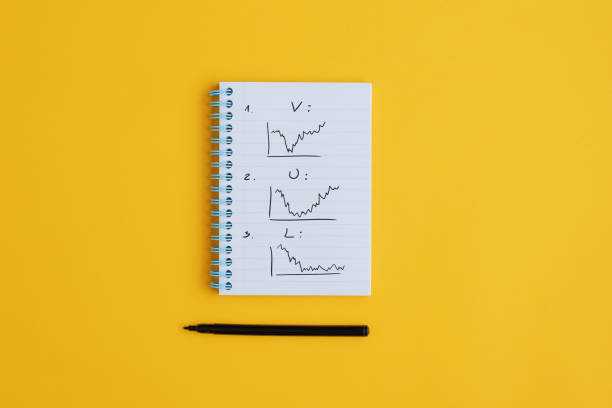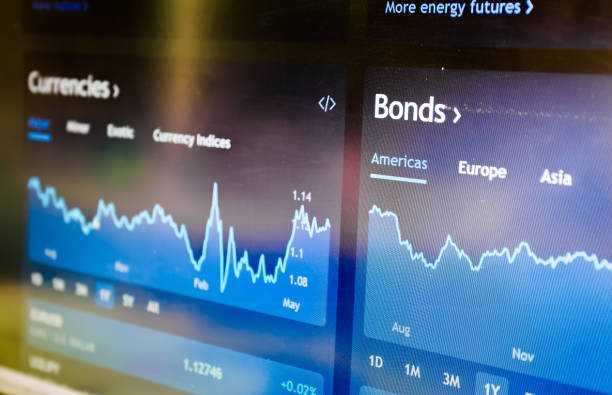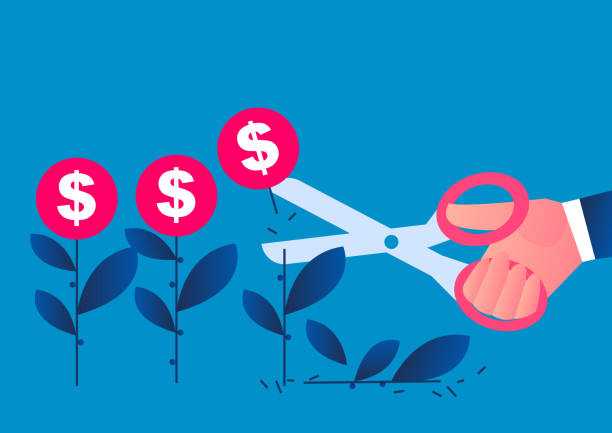Definition Of An Economic Depression

An economic depression occurs when a country's economy is in financial turmoil, usually as a result of a period of negative economic activity as measured by the country's Gross Domestic Product (GDP) rate.
It is far worse than a recession, with significant declines in GDP and a long duration.
The Great Depression lasted a decade in the United States, with unemployment reaching 25% and wages falling by 42%.
.png)
Causes of a Depression in the Economy
An economic depression is primarily caused by a decline in consumer confidence, which leads to a drop in demand and, eventually, the closure of businesses.
When customers stop buying products and paying for services, businesses must make budget cuts, which may include laying off employees.
But let's take a closer look at some of the other factors that contribute to the economic downturn.
1. Increase in oil prices
It is well understood how an increase in oil prices can have a knock-on effect on almost everything in the market. Consumers lose purchasing power as a result, which can lead to a drop in demand.
2. Inflationary pressures
Deflation is defined as a gradual decrease in consumer prices. It may appear to be a good thing because people can now afford to buy more goods, but it also means that prices are lower due to a decrease in demand.
3. Maintaining price and wage stability
When prices continued to rise during the presidency of former US President Richard Nixon, price controls were implemented.
Furthermore, when wages are regulated by the government and companies are not permitted to reduce them, businesses may be forced to lay off workers in order to stay afloat.
.jpg)
4. A stock market meltdown
The stock market is made up of stocks in public companies that investors own. Changes in shareholdings can indicate how well a country's economy is doing. When the stock market falls, it can be a sign that investors are losing faith in the economy.
5. The number of manufacturing orders has decreased.
A company's success is dependent on the demand for its goods and services. When manufacturing orders fall for an extended period of time, it can trigger a recession and, in the worst-case scenario, an economic depression.
6. Consumer dissatisfaction
Consumers will change their spending habits and eventually reduce demand for goods and services if they lose faith in the economy.
Types of Economic Recessions
Recessions come in various forms.
These are just a few of the various types of recessions.
1. Recessions with booms and busts
Many recessions follow a period of economic expansion. Economic growth is well above the long-run trend rate of growth during an economic boom; this rapid growth causes inflation and a current account deficit, and the growth is unsustainable.
When the government or the Central Bank notices that inflation is out of control, they respond by enacting strict monetary (higher interest rates) and fiscal policies (higher taxes and lower government spending)

Furthermore, an economic boom is frequently unsustainable; for example, firms may be able to temporarily increase output by paying workers to work overtime, but this may not be the case in the long run.
In addition, consumer confidence tends to rise during a boom.
As a result, the savings ratio tends to fall, and private borrowing to finance higher spending rises. Rising debt is fueling the economic boom.
As a result, when economic fortunes change, consumers drastically alter their behavior; rather than borrowing, they seek to pay off their debt, and the saving ratio rises, resulting in a decrease in spending.
2. Recession in the balance sheet
When banks and businesses experience a significant decline in their balance sheets as a result of falling asset prices and bad loans, a balance sheet recession occurs. They must restrict bank lending due to large losses, resulting in a drop in investment spending and economic growth.
The credit crunch caused a drop in investment and a recession because banks lost a lot of money.
We also see falling asset prices in a balance sheet recession. A drop in house prices, for example, reduces consumer wealth and increases bank losses. Another factor that contributes to slower growth is these.
3. Depressed mood
Depression is a long and deep recession in which output falls by more than 10% and unemployment rates are extremely high. Because falling asset prices and bank losses have a long-term impact on economic activity, a balance sheet recession is more likely to result in depression.

4. Shock recession on the supply side
A sharp increase in oil prices could trigger a recession as living standards fall. The world was heavily reliant on oil in 1973. The tripling of oil prices resulted in a significant drop in disposable income as well as lost output due to a lack of oil.
It is best to keep another economic depression at bay as many people are concerned that the world will face another economic downturn.
References
Author Bio
The Editorial staff includes content researchers from various areas of knowledge. They add a plethora of expertise to the Hubslides Editorial team. They constantly and frequently oversee, produce and evaluate contents that are most ideal to aid impacting knowledge to readers.
Article Comments
No Comments!
At present there are zero comments on this article.
Why not be the first to make a comment?
Similar Articles
Sponsor
Search Articles
Experts Column
Latest Articles
Featured Articles
Most Popular Articles












